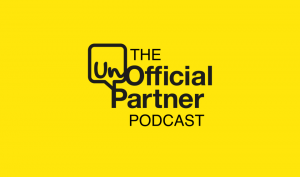First Class counties are facing a total combined revenue loss of £85m. This is due to lost income from matchdays, conferences, and events.
Despite the £61m emergency interim support launched by the ECB, there will still be a shortfall of over £20m in the county system. As a result, many of the counties may need to look to external sources of capital in order to remain in operation.
Bigger clubs such as Surrey and Warwickshire with revenues of £24.4m and £26.6m respectively have a larger proportion of revenue from matchday, conference, and events income ( 73% and 84%).
Smaller clubs don’t escape jail though. For instance, Worcestershire and Derbyshire may have an ECB grant dependency of 53% and 52% but have less sustainable business models.
Indeed, the average % of income for non-test match hosting grounds that come from ECB grants is 45%.
The overall net debt position of the 1st class counties also points to a financially unstable ecosystem which will result in more counties facing the same issues as Durham in 2016.
Funding the counties is only one of the 3 expenditures that the ECB has. It also funds grassroots and national teams. This is 1 more than the RFU and FA.
If the ECB remains committed to an 18 county system post Covid-19 it could look to an ECB Bank funding solution for its member counties. Oakwell explores this solution in the report.
The expected postponement of ‘The Hundred’ prevents a £1.3m dividend to each county, leaves the 8 host venues short of their £65k hosting fee, 30% of ticket revenue from their home games and hospitality income, and leaves the ECB likely facing further marketing costs to reignite excitement in the tournament that will compete with Euro 2021, Tokyo Olympics and the British and Irish Lions tour of South Africa for TV viewership.
Oakwell makes 3 recommendations to the ECB including the gift of an equity stake to each county in The Hundred.
Matters might even get worse. The T20 cricket world cup due to be played in the Autumn in Australia may be postponed or cancelled, impacting the distributions that the ECB receives from the ICC.
All other national cricket boards will face considerable cashflow problems the longer the Covid-19 pandemic continues. All boards have long term broadcast deals that will be jeopardised by a continuing absence of cricket. A consolidation of cricket boards, or an ICC wide third party debt solution would help mitigate the lasting financial impact of Covid-19 on global cricket.
For a copy of our full report please contact: info@oakwellsports.com











